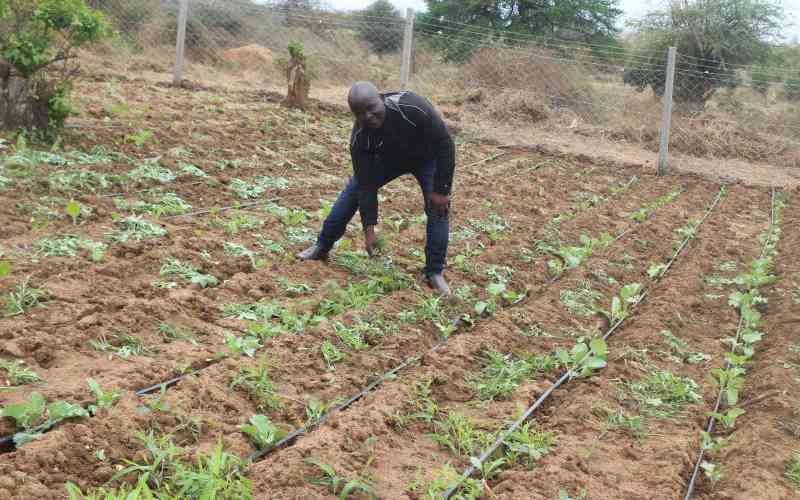×
The Standard e-Paper
Join Thousands Daily

In recent years, the effects of unpredictable weather patterns, prolonged droughts, and devastating floods have taken a toll on Kenya's agricultural sector, threatening food security and livelihoods.
Shifting weather patterns have disrupted traditional farming practices, leading to decreased crop yields, livestock losses, and diminished water resources. Smallholder farmers, who form the backbone of Kenya's agricultural landscape, bear the brunt of these adversities, facing heightened vulnerability and economic instability.